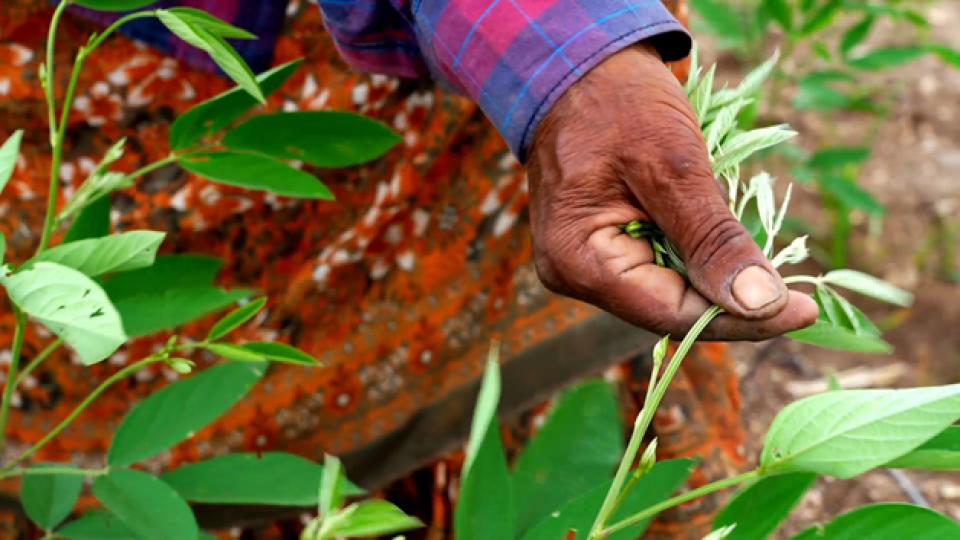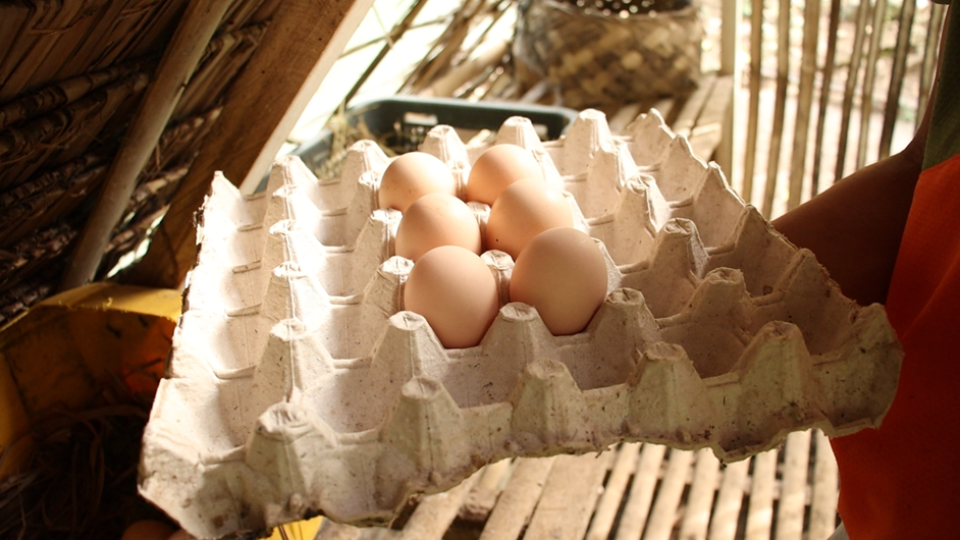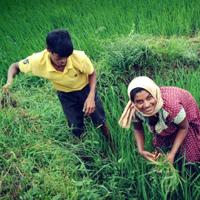
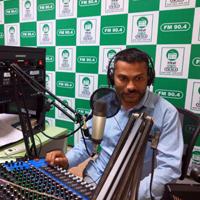
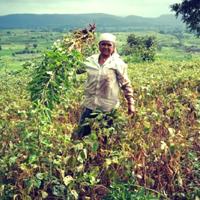
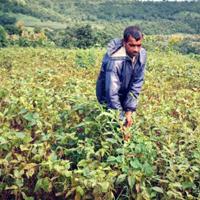
The Panzarawani Community Radio Station, named after the river Panjhra in Dhule district of Maharashtra in Western India, is bringing about a welcome change to marginalised indigenous ethnic communities by broadcasting information on good agricultural practices. Panzarawani reaches around 72,000 listeners in 90 villages.
“I am pleased that for the first time thanks to Panzarawani, Access Agriculture audio tracks in the Marathi language on low-cost organic farming techniques have been broadcast through radio in Maharashtra to help disadvantaged communities,” said Atul Pagar, freelance documentary filmmaker and videographer. “It was the only one among the community radio stations that I contacted, which showed interest in using our audio files.”
Atul is an important partner of Access Agriculture, an international NGO, for which he has produced several farmer-training videos on natural farming. Access Agriculture promotes agroecology and rural entrepreneurship through capacity development and South-South exchange of quality farmer-to-farmer training videos in international and local languages.
India has over 600,000 villages and only about 250,000 of them have Internet facility. Radio is an affordable and widely available communication tool for providing information to far-flung villages. Experience with community radio services for agricultural extension has shown that they are more effective than conventional radio services, which tend to use a top-down approach.
Community radio stations are operated on a not-for-profit basis by communities in local languages, providing the last mile connectivity to those living in remote parts of India. In addition to entertainment segments, they broadcast programmes on issues that are relevant to the local communities. The Indian Ministry of Information and Broadcasting lists a total of 251 operational community radio station in India in 2019, 22 of which are in Maharashtra.
The Panzarawani Community Radio Station was established in 2018 with support from the Lupin Human Welfare and Research Foundation to provide information about health, education, agriculture and related government programs. It seeks to accelerate the social and economic development of the local indigenous communities as well as to preserve their unique culture and traditions.
Thanking Atul for sharing the downloadable Marathi audio files from the Access Agriculture video platform, Rahul Thakare, Panzarawani coordinator, said that the audio tracks were developed into a series on organic farming and broadcast with a brief introduction of Access Agriculture as the source.
“The information on low-cost organic farming techniques is very useful for these farmers who grow rice, maize, pearl millet and legumes, among other crops,” stated Atul. “I am very happy that our programmes are reaching the indigenous ethnic communities and resource-poor farmers.”
This experience reminds us that even in the digital age, radio can be a force for change to help farming communities, provided the content is relevant and available in the local language.
The audio tracks broadcast by Panzarawani are from the following videos:

